SSG offers tailored climate action planning services for US communities looking to use Inflation Reduction Act and Climate Pollution Reduction Grant funding.
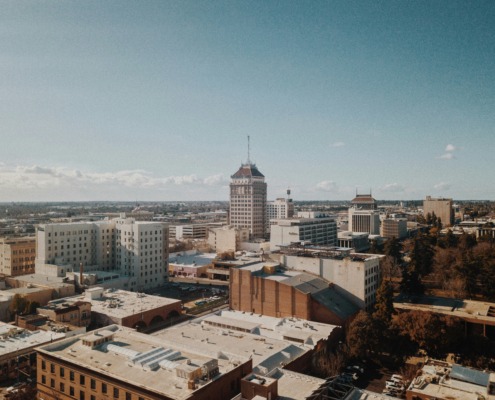
Get federal funding and support to develop an effective climate action plan
SSG offers tailored climate action planning services for US communities looking to use Inflation Reduction Act and Climate Pollution Reduction Grant funding.
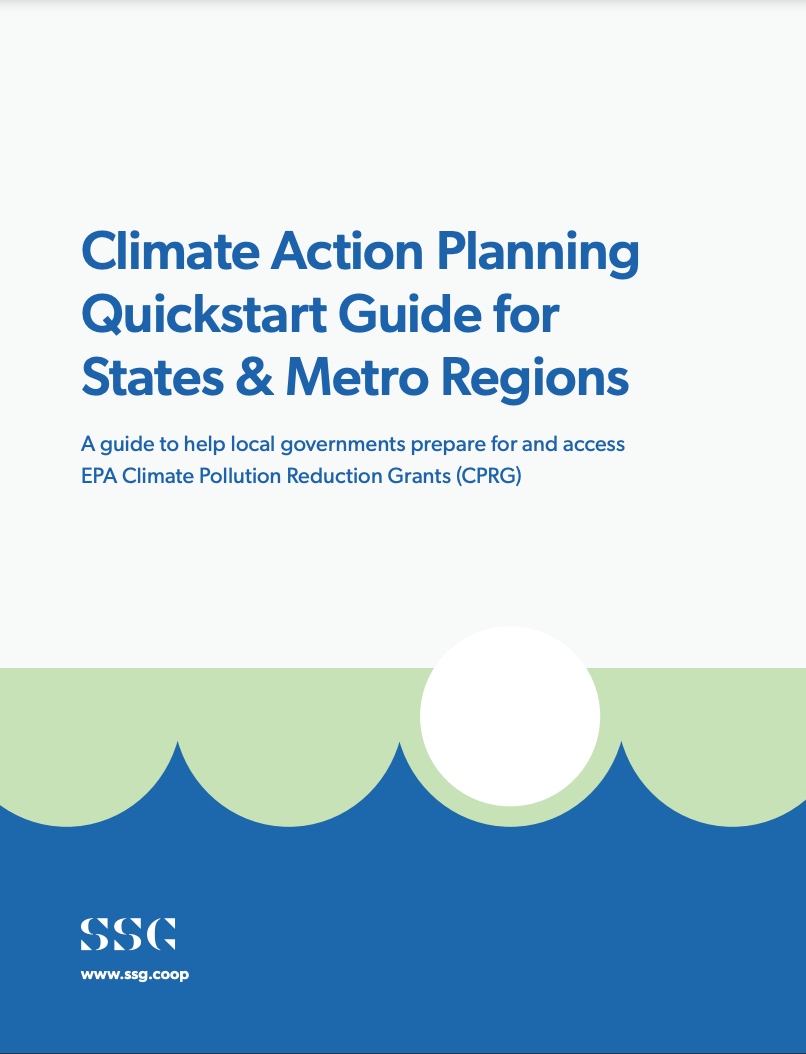

We are leading climate planning experts. Our team combines community insights with technical analysis to develop climate action plans that maximize job creation, address inequities, reduce pollution, and improve public health and wellbeing.
We have worked with over 100 North American communities to create context-specific, actionable climate action plans that are being successfully financed and implemented. Our clients range from small towns to large cities and States.
Whether you need modeling and technical analysis, design and implementation of a meaningful public engagement process, or both, we offer customized support.
Climate Action Planning
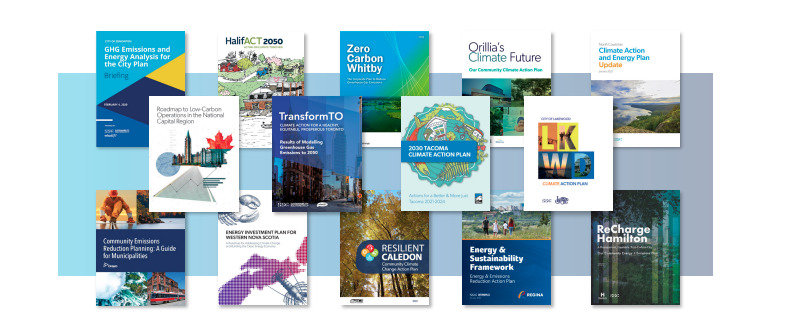
We help decision-makers create viable plans for reducing greenhouse gasses and adapting to climate change.
We enable communities to reach their emissions reduction goals by supporting the identification of key existing data, compiling accurate and comprehensive GHG inventories, offering technical expertise to analyze outcomes, and robust public engagement to develop feasible actions that are specific to the local context.
Modelling and Technical Analysis
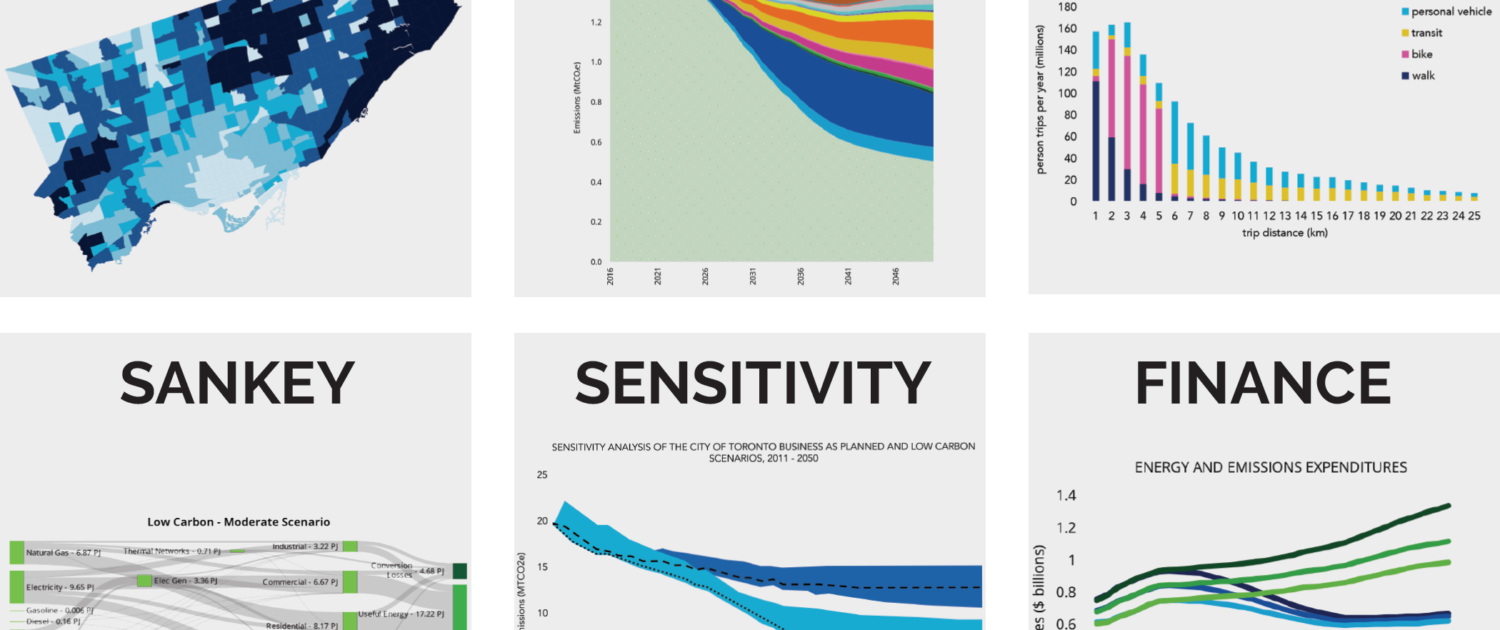
Our energy, emissions, land-use, and financial scenario modelling enables decision-makers to map out possible futures to determine how to reduce emissions, create jobs, and optimize land use to create equitable, decarbonized, healthy communities.
We build inventories that enable clients to take stock of their energy use and emissions, so they can determine reduction strategies and track progress.
Public Engagement
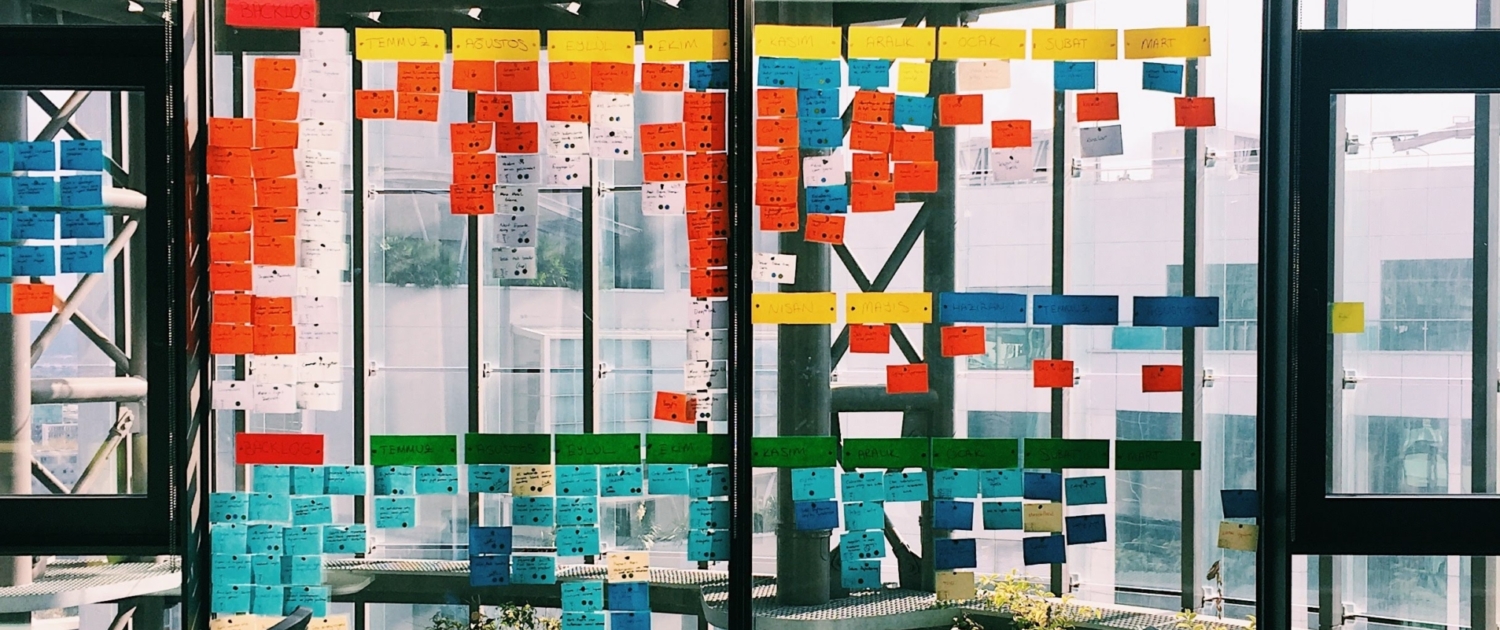
We excel in collaborative public engagement for climate action planning and execution. Our team emphasizes fostering genuine opportunities for shared decision-making, valuing the public’s ability to enhance climate action projects. We base our approach on the globally recognized International Association for Public Participation (IAP2) engagement framework.
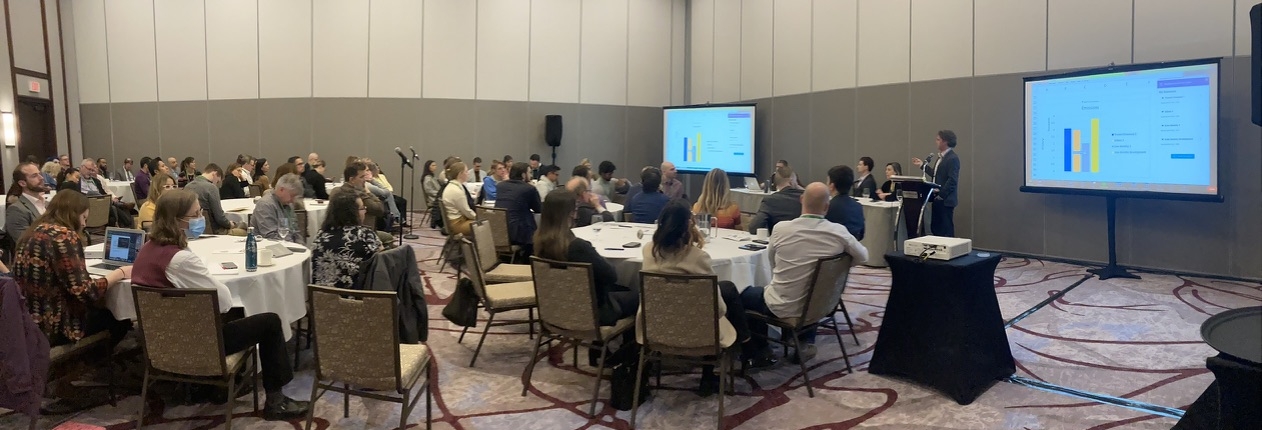

Catalyzing Transformation of American Cities
The Climate Pollution Reduction Grants (CPRG) offers non-competitive grants to states, 67 identified metropolitan areas, and Tribes to develop climate action plans over the next four years. Smaller municipalities can partner with their states or metropolitan area, or apply for the funding themselves if their state did not submit a Notice of Intent by the deadline. The planning process enables grantees to identify the types of actions that will lead to the greatest reductions in emissions for their communities.
Note: the EPA recommends that metropolitan areas and municipalities that do not fall within the top 67 MSA, still submit an Notice of Intent to Participate (NOIP) as more funding may become available if states or MSAs choose not to apply for funding.
For more information about how to apply for the CPR Planning Grants:
States: Deadline for application (workplan + budget)
MSA: Deadline for submitting Notice of Intent
MSA: Deadline for submitting application (workplan + budget)
Tribes and Territories: Deadline for application (workplan + budget)
States + MSA: planning grants awarded
Tribes and Territories: planning grants awarded
The following approach aligns with the requirements of the CPRG, where the deliverables in the CCAP (Part 2) build on the deliverables from the PCAP (Part 1). An engagement process threads throughout, informing the technical analysis. For more detailed guidance, see our climate action planning guide for US communities.
Identify a target for your climate action plan. The sooner you hit net zero, the better!

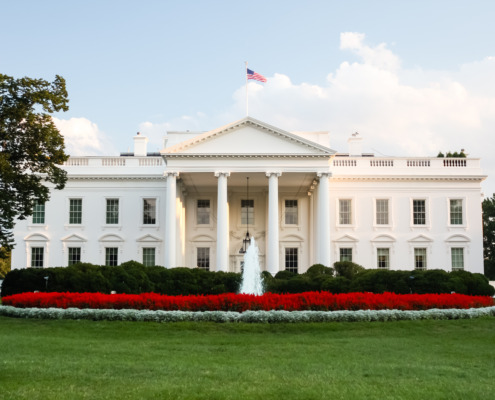
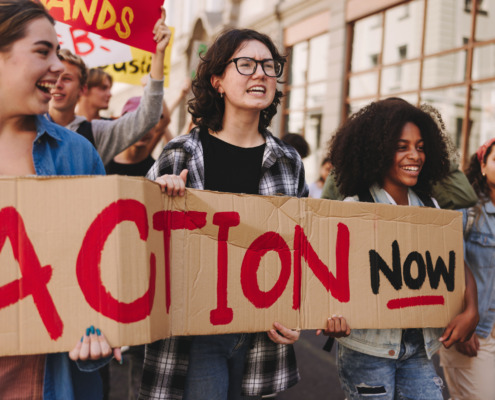
Subscribe to our newsletter where we share knowledge from our projects, provide an overview of the latest global climate action, give updates from our Associates, and relay relevant events from our expansive network.

![]()
SSG’s work is carried out on unceded and unsurrendered Indigenous territories, ranging from the traditional lands of the Michif Piyii in the North to the Huilliche in the South; from Hul'qumi'num Peoples in the West to the Mi'kma’qi in the East.
SSG recognizes that land acknowledgements alone are insufficient. We are committed to educating ourselves about the lands we are on and ensuring that our work contributes to healing and decolonization.
This work is licensed under a Creative Commons Attribution-No Derivatives 4.0 International License
Website terms and conditions
